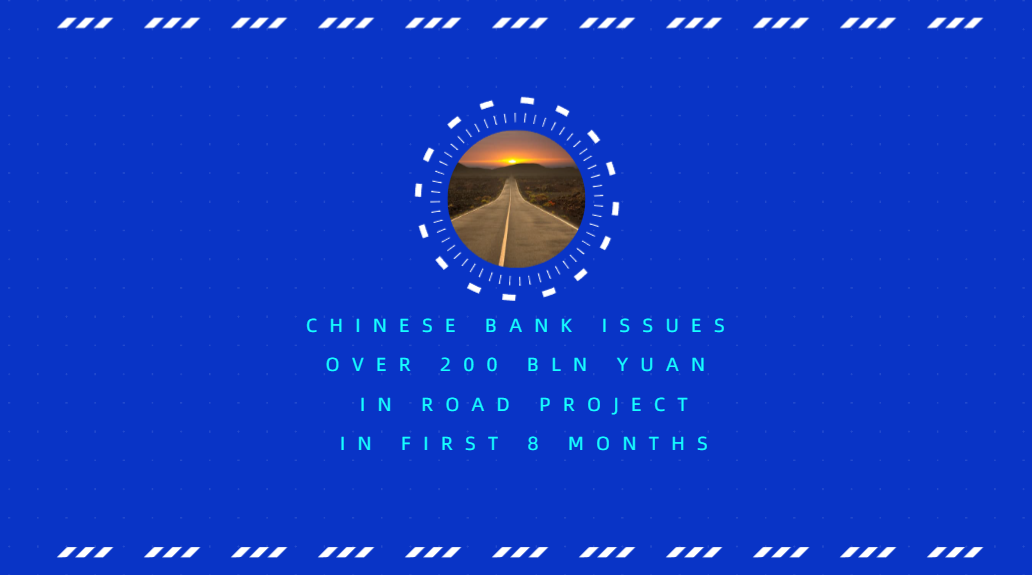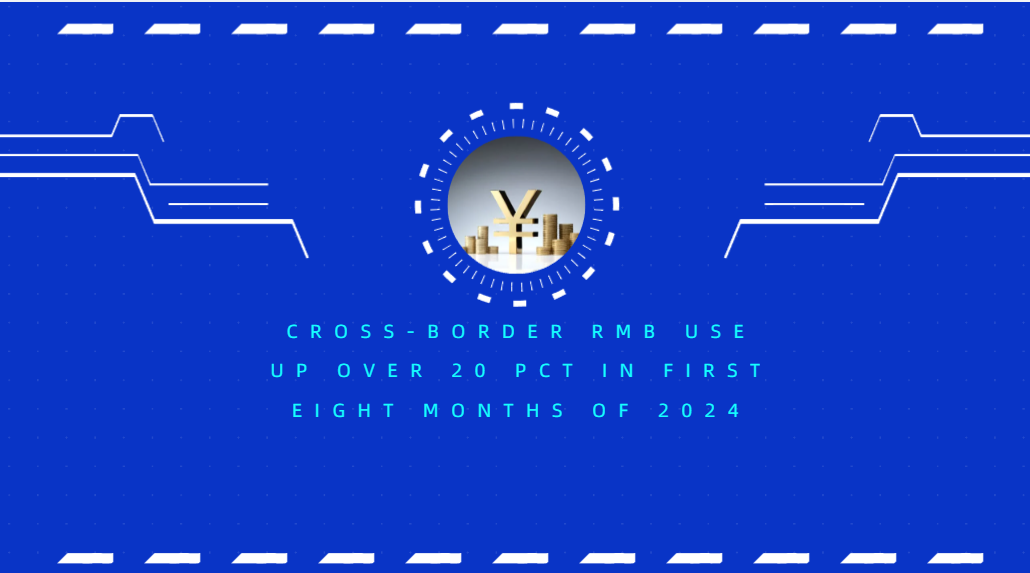China Unveils Targeted Economic Stimulus Measures Amid Investor Caution
China’s National Development and Reform Commission (NDRC) unveiled a series of measures on Tuesday aimed at bolstering economic growth, though the absence of large-scale spending initiatives left some investors disappointed. The government announced plans to frontload 100 billion yuan ($14.1 billion) from the 2025 central budget and add another 100 billion yuan for key construction projects this year. Despite initial optimism, the Shanghai Composite Index, which surged by 10% at the market's open after a weeklong holiday, pared gains to close 3% higher.
Targeted Investment and Infrastructure Focus
NDRC Chairman Zheng Shanjie reiterated the government's commitment to meeting its annual growth target of 5%, while acknowledging the complex global economic environment.
The new stimulus package is part of the government's incremental approach to boosting the economy. This includes targeted investments in key sectors, such as public infrastructure and social welfare projects. While the measures announced so far total 200 billion yuan, analysts had anticipated a larger fiscal response, with some expecting multi-trillion-yuan initiatives. UBS Chief China Economist Tao Wang noted that the market had likely been expecting a more substantial stimulus package, suggesting that a near-term package of 1.5 to 2 trillion yuan ($210 billion to $280 billion) is more likely, with additional support expected in 2025.
Efforts to Revive the Real Estate Market
The real estate sector, a critical driver of China's economy, remains a focal point of the government's efforts to spur growth. To address declining housing sales and falling home prices, Zheng emphasized the importance of comprehensive policy measures aimed at stabilizing the sector. In September, China introduced a series of monetary easing measures, including cuts to mortgage rates and reductions in reserve requirements for banks. These steps represent the most aggressive efforts to date to rejuvenate the property market, though challenges remain.
Zheng added that further measures would be taken to boost investor confidence in the capital markets. "In response to volatility and declines in the stock market, we will introduce a series of powerful and effective measures to strengthen the capital market," Zheng said, though specific details were not disclosed.
Stimulating Consumption and Private Investment
Beyond infrastructure and real estate, China's stimulus efforts will focus on boosting domestic consumption, particularly among middle- and low-income groups. The government is also looking to stimulate private investment by encouraging greater cooperation between local governments and private capital, particularly in the construction of new infrastructure projects.
In terms of broader fiscal efforts, China has already allocated 700 billion yuan ($98.93 billion) from the central government’s budget for major national strategies and projects aimed at enhancing security capabilities and advancing technological development. Additionally, 1 trillion yuan in ultra-long special treasury bonds has been earmarked for national strategies and infrastructure projects. Zheng mentioned that China will continue issuing these special bonds in 2025, with discussions ongoing about expanding their scale.
Looking Ahead
While the government's recent actions demonstrate a commitment to stabilizing the economy, the scale of the stimulus has thus far fallen short of the expectations held by some market participants. As the global economic environment remains uncertain, China's incremental approach suggests that more significant measures may be introduced in the coming months to ensure long-term growth and stability.






















































First, please LoginComment After ~